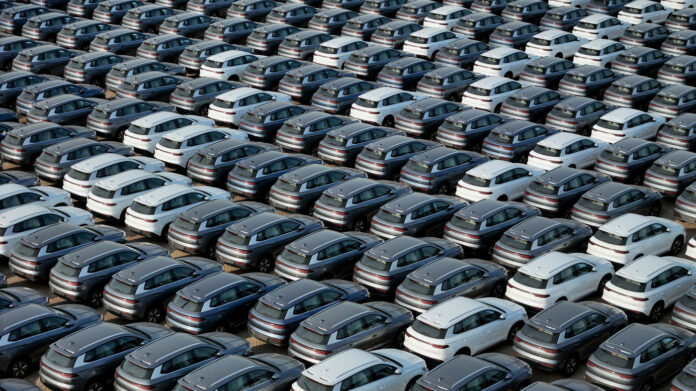Pakistan stands at the threshold of a $131 billion regional automobile trade corridor, where even a modest 5% market share could generate $6.5 billion in annual exports, according to a news report.
However, the Pakistan Association of Automotive Parts & Accessories Manufacturers (PAAPAM) warns that ongoing tariff changes and the normalisation of used-car imports could jeopardise the progress made in the country’s auto-parts industry.
In its report, PAAPAM highlights that Pakistan’s auto-parts ecosystem, built over decades, comprises more than 1,200 suppliers and supports 1.83 million jobs. The sector helps save over $1.25 billion in annual imports, providing significant economic benefits. Yet, PAAPAM cautions that tariff flattening before the industry achieves scale could reverse these gains.
Localisation efforts have resulted in substantial investments, such as Rs100 billion in plant and tooling, but volumes remain low. At just 20 cars per 1,000 people, Pakistan’s motorisation rate lags behind regional counterparts like India, Vietnam, and Thailand, further limiting domestic demand and growth.
PAAPAM blames structural issues, including a lack of testing facilities, high energy and working capital costs, and policy inconsistencies, for the sector’s challenges. Additionally, used-car imports undermine local production, especially during economic downturns. The report stresses that while export barriers are not caused by duties, issues related to scale, security perceptions, and access to finance remain.
Pakistan’s current tariff structure was designed to encourage localisation, with the lowest duties on raw materials, higher duties on non-localised parts, and the highest duties on fully built units.
However, recent steps to flatten tariffs have led to unfair competition, as imported semi-knocked-down kits now face similar duties as raw materials, disadvantaging domestic producers.
PAAPAM warns that continued policy shifts could lead to the collapse of local vendors, causing job losses and social unrest, while eroding investor confidence. It also challenges recommendations from the International Monetary Fund (IMF) to flatten tariffs and legalise used-car imports, arguing that such changes would dismantle localisation incentives.
Despite these challenges, Pakistan’s auto sector has demonstrated resilience, with a large aftermarket for parts and services. However, informal imports and weak enforcement continue to divert opportunities from documented suppliers. The report concludes that Pakistan faces a choice between predictable reforms that protect localisation or a path of liberalisation that risks undoing decades of investment and destabilising the sector.
To meet its export goals, the report emphasises, Pakistan must prioritize protecting and scaling its auto-parts industry within its industrial policy.




